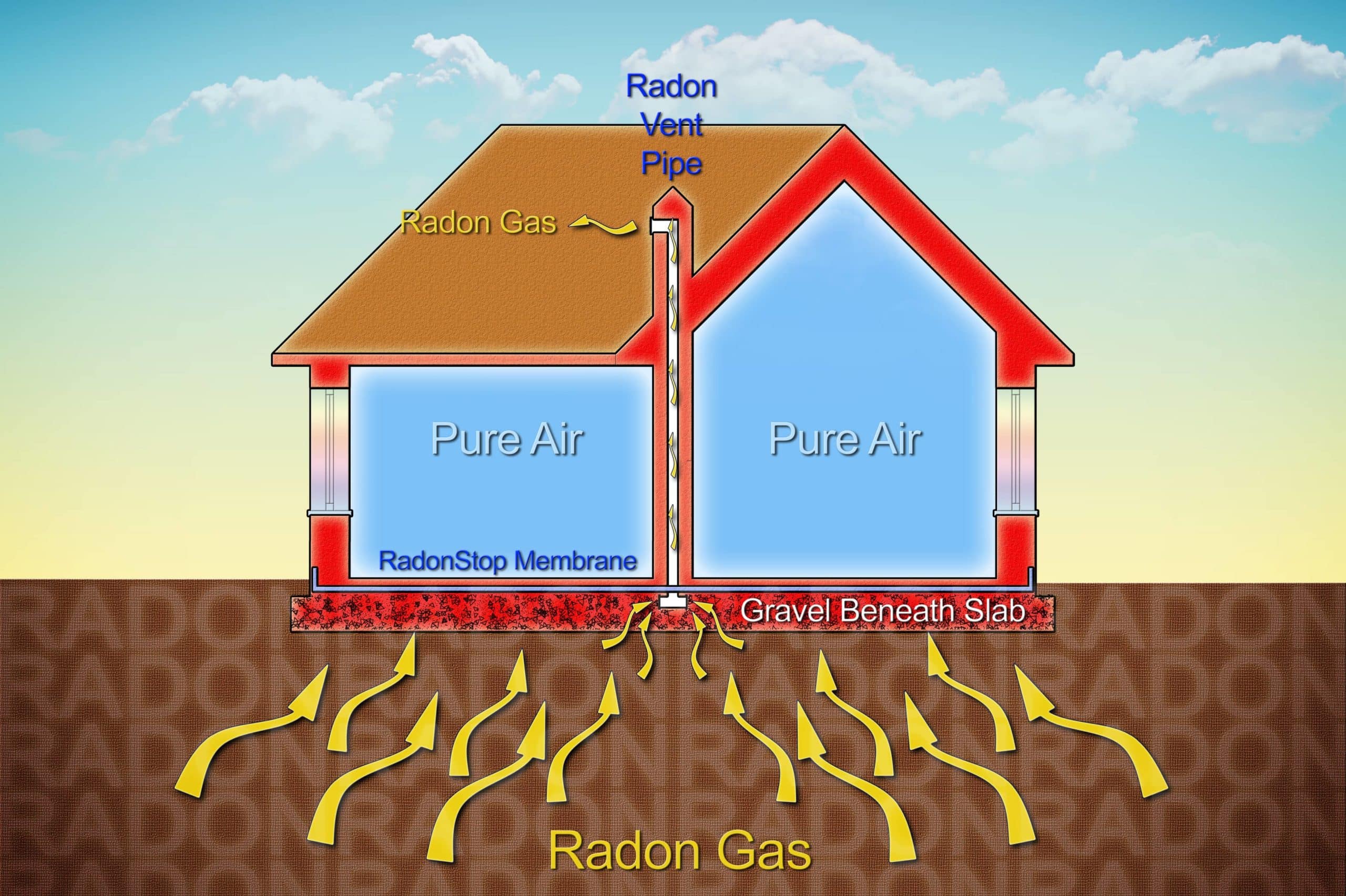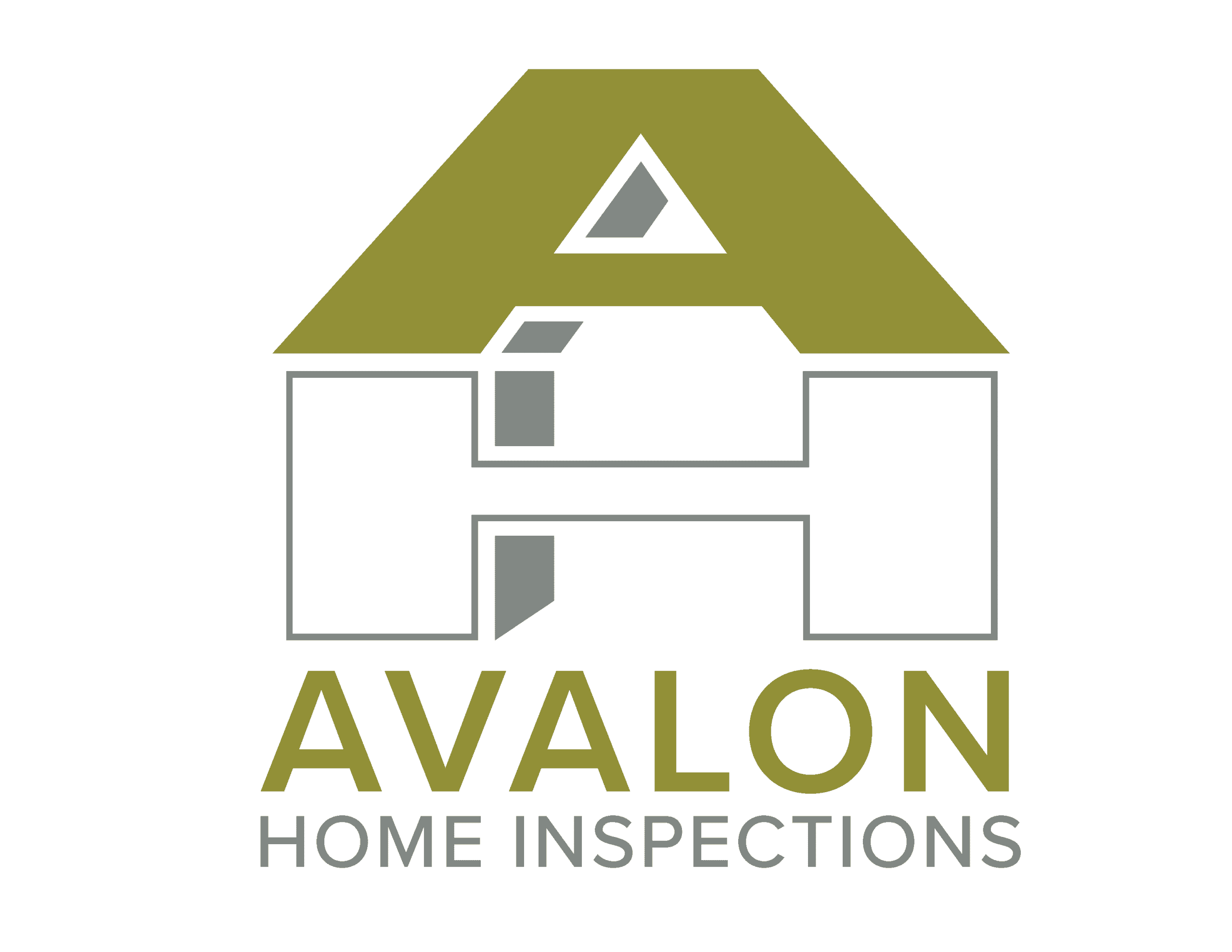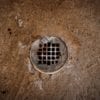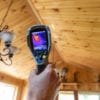
You have just found the home of your dreams in the sought-after neighborhood you have been wanting to live in. However, the realtor mentions that there has not been a radon test on the home in 25 years. You have always heard that you only need one if you have a home with a basement. However, this is NOT true.
Radon is found throughout the United States. It is an odorless radioactive gas that comes from the breaking down of uranium in water, rock, and soil and gets into the air that we are breathing. Some people think it is only in certain parts of the U.S. but it is in every state. Do you need a radon test if you don’t have a basement? YES! Radon can be found in any home, old or new, basement or no basement so everyone should have a radon test done.
Let’s look at why this is important, how radon enters the home, what a radon test is, radon levels, radon resistant construction, buying and selling a home, who should conduct the test, what if there are high levels, and how to reduce levels.
Why This is Important
Radon is everywhere. Since it is odorless, we have no idea where the higher levels will appear in homes across the U.S. It is measured in picocuries per liter or pCi/L’s and levels 1-3 are the good ranges.
Levels 4 and up need attention right away. The average in the U.S. is 1.3 pCi/L’s. Also, one in fifteen houses in the U.S. have a Level 4 or higher! Radon is the second leading cause of lung cancer in the U.S. behind smoking.

How Radon Enters a Home
Radon enters a home through the cracks in the foundation, building joints, well water, or exposed soil such as a basement or crawl space. Unfortunately, opening the windows does nothing to get it out of the home.
What is a Radon Test
A radon test is to check the levels of radon in your home and is usually done in the lowest level of the home. Some homes may be the basement while others might be a playroom or family room. Perhaps, it may be the main floor of the home where everyone is.
There are different ways to test this but the area where people spend the most amount of time in the home is usually the testing location.
Testing Cost and Length of test
A test by a home inspector costs about $200-$450 or more. The test can be from as little as two days all the way to 90 days, depending on how fast the results are needed. It also depends on the season as to when the pCi/L levels are higher so a 90-day test can have better results.
Radon Levels
Radon levels vary throughout the U.S. and this map shows the amounts in each state. Here in Georgia, the levels vary and go up in the mountain regions. Thus, it is important to have a radon test no matter where you live. Also, it does not matter if you have a basement or not because radon can enter anywhere that the building attaches to the soil.

Radon Resistant Construction
Homes that are radon resistant are built with the following:
1. Gas permeable layer – This is beneath the slab and allows the gas to move freely through the house. This layer is in homes that have basement or slab-on-grade foundations.
2. Plastic sheeting – This is on top of the gas permeable layer and under the slab. It prevents the soil gas from going into the home.
3. Sealing and Caulking: This is at the below-grade openings in the foundation and walls. Sealing the openings to lower the amount of soil gas going into the home is essential.
4. Vent Pipe- A 3- or 4-inch PVC pipe goes from the gas permeable layer through the house and to the roof. This is to allow radon and other soil gases to vent to the outside.
5.Junction Boxes – An electrical junction box is added to the attic to make the installation and wiring easier for a vent fan. Then, a separate junction box is placed in the living space and it powers the vent fan alarm. An alarm is also installed so it can alert the homeowner when the vent fan is not operating properly.

Selling Your Home
If you are selling your home, getting a radon test is a smart idea. Additionally, it can give a new buyer peace of mind. Maybe you had a radon test already? Make sure it was within the last 2 years. Renovating or changing things in your home since the test gives the new buyer a reason to ask for a radon inspection. The good thing is that the buyer pays for the inspection, not you.
Buying a Home
If you are buying a home, a radon test is important. Find out if one has been done already within the last two years.
Discussions with the seller’s agent are important: Where the test will be conducted in the home (should be where the family will hang out the most), who will conduct the test, the type of test, and when to test. In addition, how you and the seller can look at the test results, and if the levels are high, when will the radon mitigation measures start.

Radon Test: Who Should Do the Test: Homeowner or Certified Home Inspector
A homeowner can buy a test and test the home, however, there are certain procedures that need to be followed. In addition, it is recommended that a certified home inspector be contacted to do the radon testing as he/she knows what type of test and the length of time it will take.
Test Result: pCi/L Level of 4 or Higher
Mitigation of the home is needed if the level is 4 or higher. This means taking the appropriate measures to get rid of the radon. Furthermore, a professional will conduct diagnostic tests, and make a plan about the most effective way to get the radon out of the home. This will also depend on if the home is a basement home, slab on grade, or crawlspace home.
Other Types of Radon Reducing Techniques
If the levels in the home are not too high, sometimes professionals will use the following techniques. Additionally, these can be used on other foundation-type homes as well.
- Sealing
- Pressurization of the room or home
- Heat Recovery Ventilator (or HRV)
When to Call a Professional
A professional should do the radon testing as he/she is certified in this area and knows exactly how to conduct the testing. Also, if you know that a home you are buying has high radon levels, calling a professional to mitigate it is important. Lastly, radon is serious and should be handled by someone trained in that area to keep you and your family safe.
Conclusion
In conclusion, radon can be in any home, whether there is a basement or not. This is why testing the home is essential and taking the results seriously is important. Do you have questions about radon inspections or need to schedule an inspection? Contact Avalon Inspections below by leaving us a reply!



